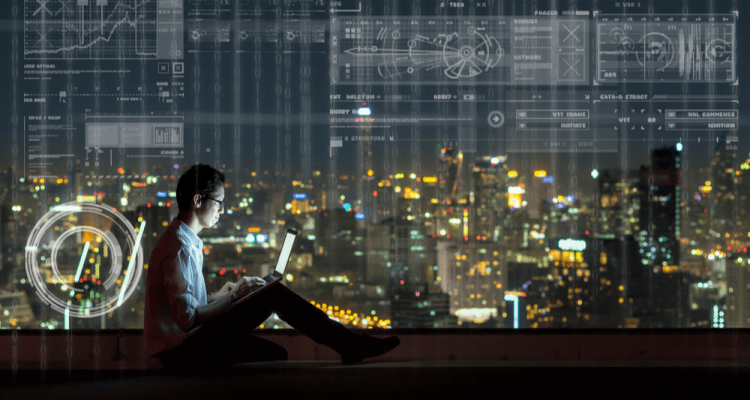The future is now – especially when you’re running late to catch that flight. But with recent technological advances aimed at beefing up airport security while improving efficiencies across the entire air travel industry now taking effect, getting to your gate on time promises to be a much more hassle-free experience.
Whether hopping a short one way flight or long-haul round trip flights, these are the ways technology will help airports get you on your way safer and quicker.
Artificial Intelligence
As will be the case in almost all other industries – especially those with high levels of service activity – advances in artificial intelligence will transform how airlines interact with their passengers and how travelers are in engaged at airports. Most likely examples will be chatbots (automated digital tools that converse with people in real time) helping people book, check in and possibly even go through customs and voice-based AI tools such as Amazon’s Echo Dot providing assistance in similar ways both behind the scenes and on the consumer side of things.
Biometrics
Digital fingerprinting, retinal scans, and e-passports are some of the ways biometrics are streamlining processes already in use at airports and making security, immigration and customs checks more efficient. In the not-so-distant future, travelers can expect to see biometric boarding passes, bag drops and more for potentially seamless movement through airports with minimal if any stops or checks along the way.
Ready for your next vacation? Check out these deals on round trip flights that can help you save!
Blockchain
Definitely, a tech buzzword du jour but not one everybody actually understands, blockchain promises to make airport experiences much speedier and far safer than ever before. Essentially a blockchain is a robust, tamperproof and easily shared database of transactions and agreements. Such technology could greatly enhance biometrics and security screenings without infringing upon people’s privacy.
Internet of Things
Imagine if your suitcase could “talk” to your airline, your taxi or the bellhop at your hotel. Advancing use of the Internet of Things, “the connection of devices (other than typical fare such as computers and smartphones) to the Internet. Cars, kitchen appliances, and even heart monitors can all be connected through the IoT.”, the travel industry should make such interactions between objects more and more the norm to such extents that time at airports queued up and waiting should be minimized.
Robotics
From checking you in to handling your baggage, robots are set to become an increasingly common sight and regularly relied upon technology at airports. Glasgow Airport, EVA Air, KLM and more have begun trialing robots in a variety of ways including cleaning, transportation, and customer service.
Virtual Reality and Augmented Reality
Virtual reality (VR) and augmented reality (AR) technologies may chance check-in and security measures at airports and maybe even make time in a terminal a lot more fun. When engaging with a passenger in transit, airline reps and security officials might be able to see that person’s flight details along with other related details with use of special devices and eyewear. For folks waiting at an airport to board, their downtime might be spent watching an augmented movie via VR headset, which could also come in handy helping them get to their gate swiftly. VR and AR could revolutionize entertainment and services once onboard the plane as well – and may even reduce the need to travel at all in some cases.
You may also like: How You Can Deal with (& Even Make the Most of) Airport Delays
Wearable Technology
Many of us already use our phones to hold our boarding passes for one way or round trip flights without ever needing to print out a paper copy. So it wouldn’t be too much of a stretch to use a smartwatch or some sort of other wearable tech to do the same or assist with other travel needs.
Are technological advances at airports and in the air travel industry going too far or have they not gone far enough? How do you think technology will affect how we travel in the future?




